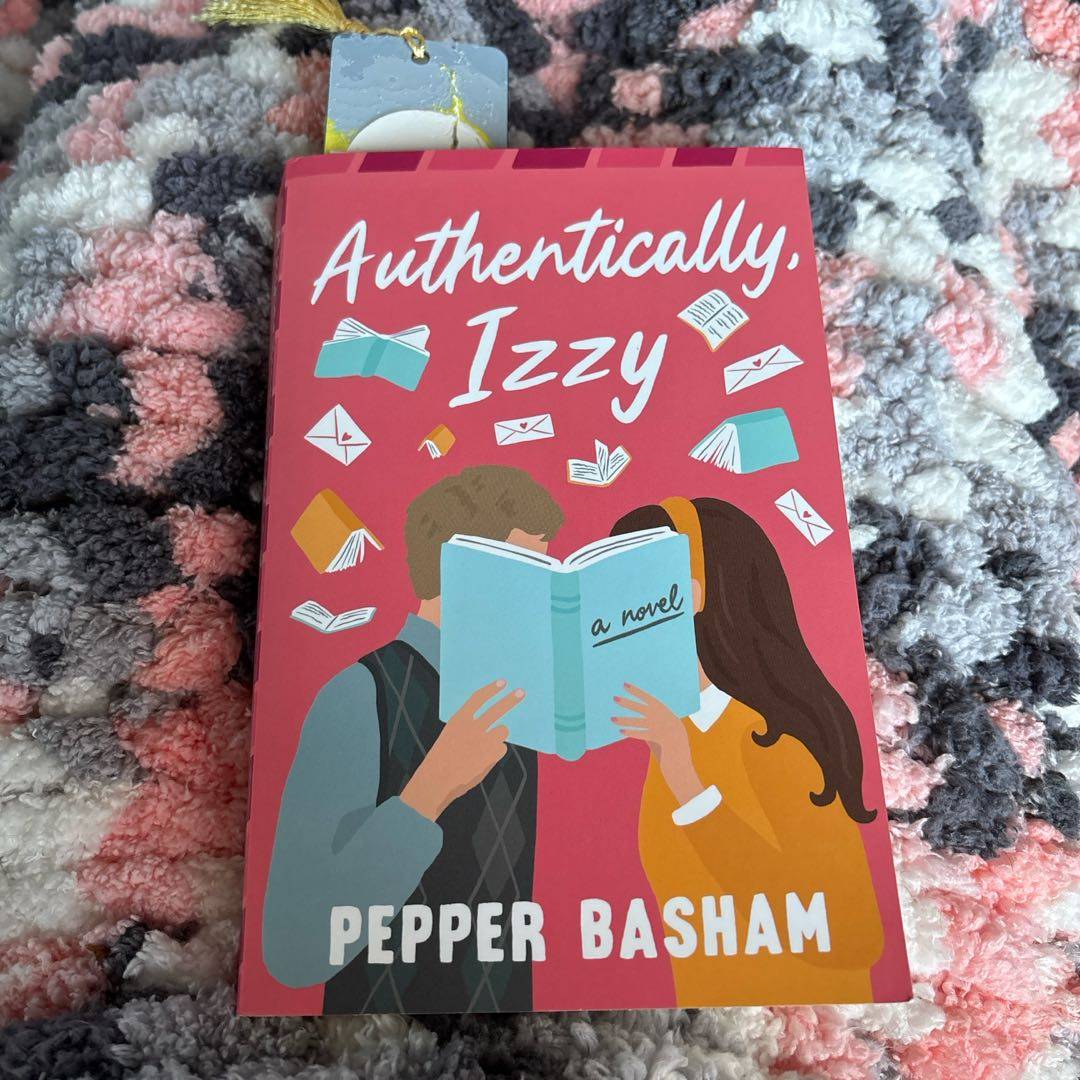
This one seems fun! I just got finished reading “Wayward” by Blake Crouch and needed something a little lighter. I think this one will do the trick 🎀💌

This one seems fun! I just got finished reading “Wayward” by Blake Crouch and needed something a little lighter. I think this one will do the trick 🎀💌
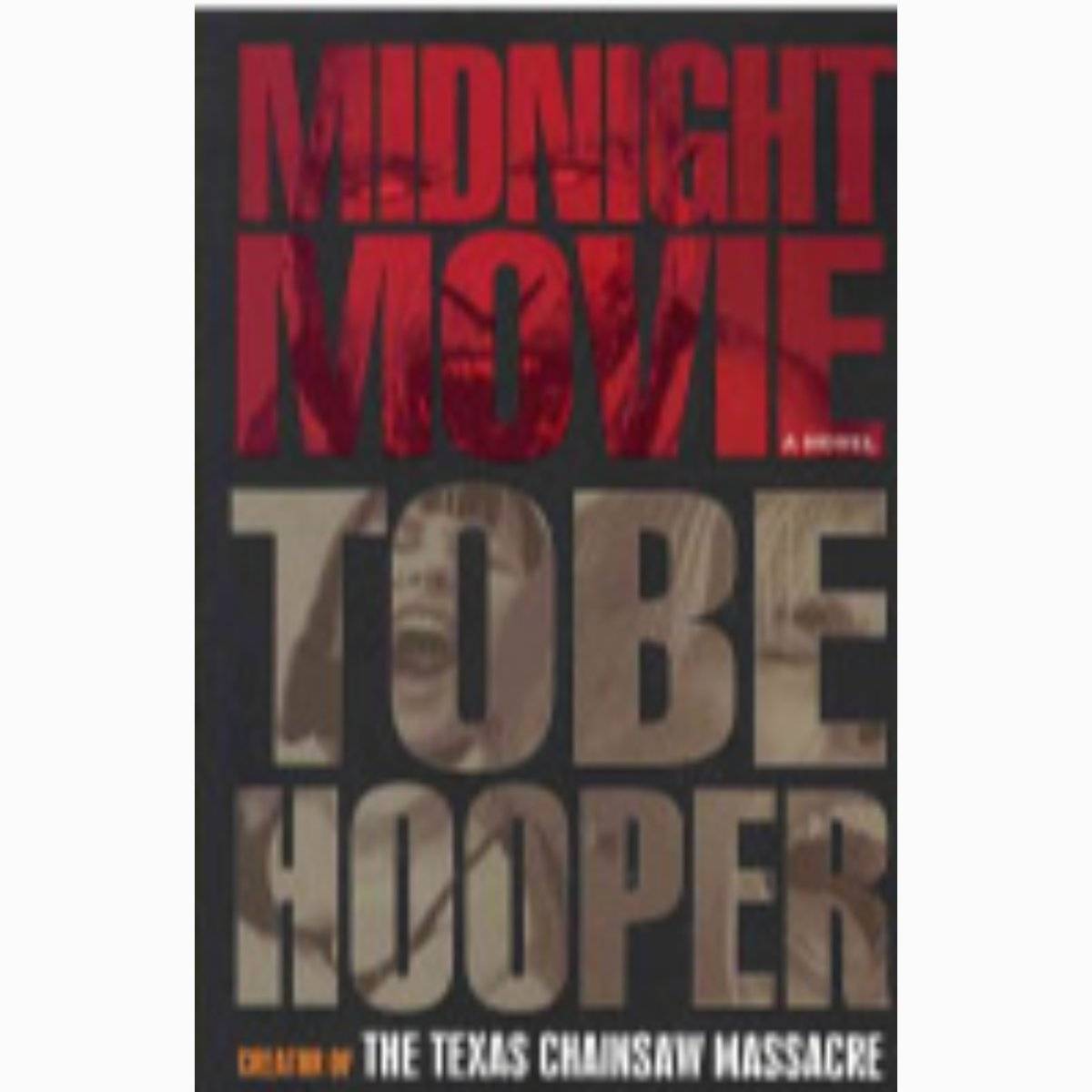
It was only recently while browsing a library list online that I discovered that Tobe Hooper-director of Texas Chainsaw Massacre AND Poltergeist among others-wrote a book. MM is about his first effort Destiny Express which premieres during SXSW (in an interview in the afterword Hooper notes that an early film Eggshells had premiered at SXSW). Following the screening there is an outbreak featuring zombies & a lot of uh...strange spicy (CONT)
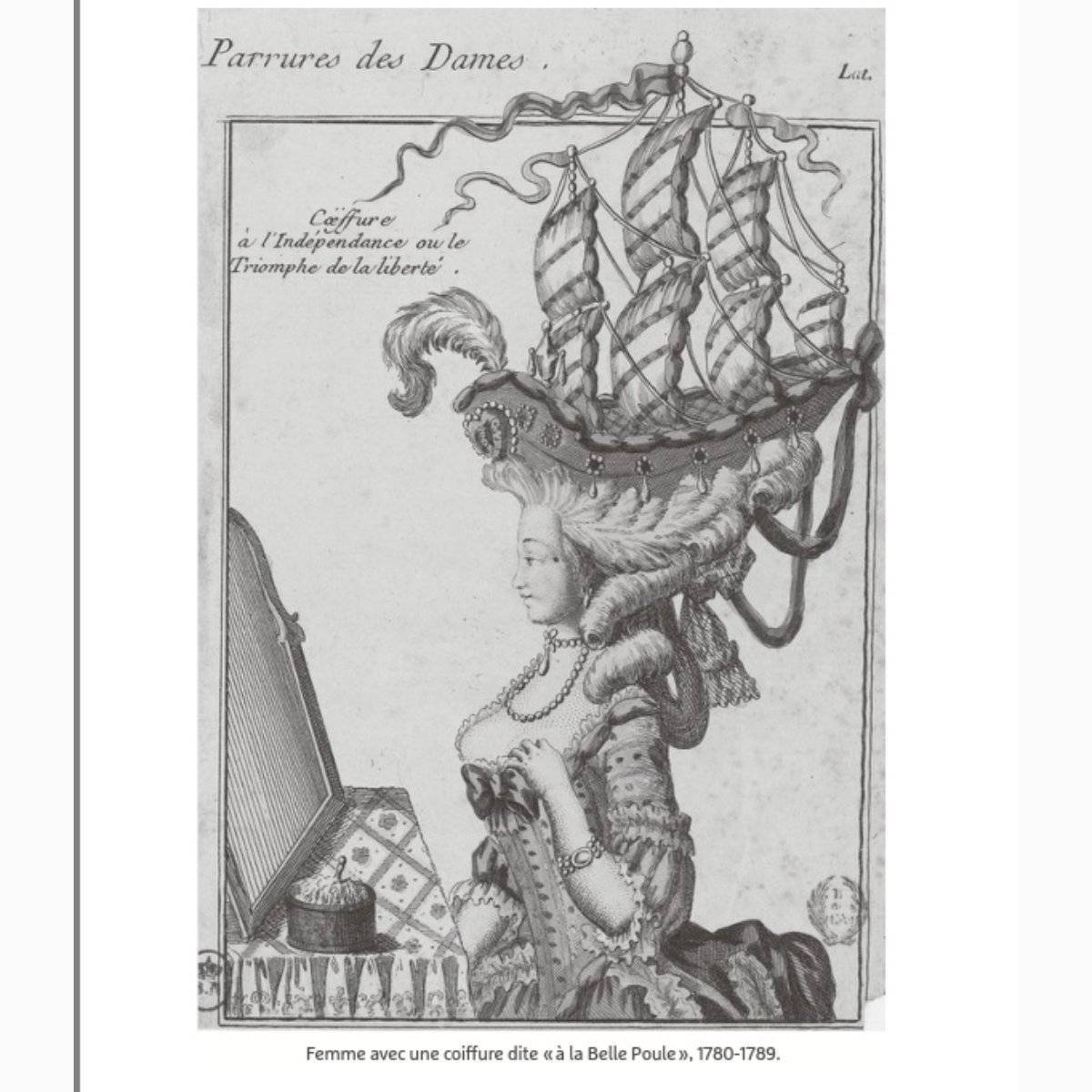
I finished this book this morning. The novel proper is quite short and readable, although I don't think I'll ever really enjoy a work where a writer uses a foreign narrator or character from a culture they don't actually know to further their plots or theories. However, the extra critical material does an excellent job of contextualising this 18th best-seller written by a blue-stocking with proto-feminist sensibilities.
illustration from the book
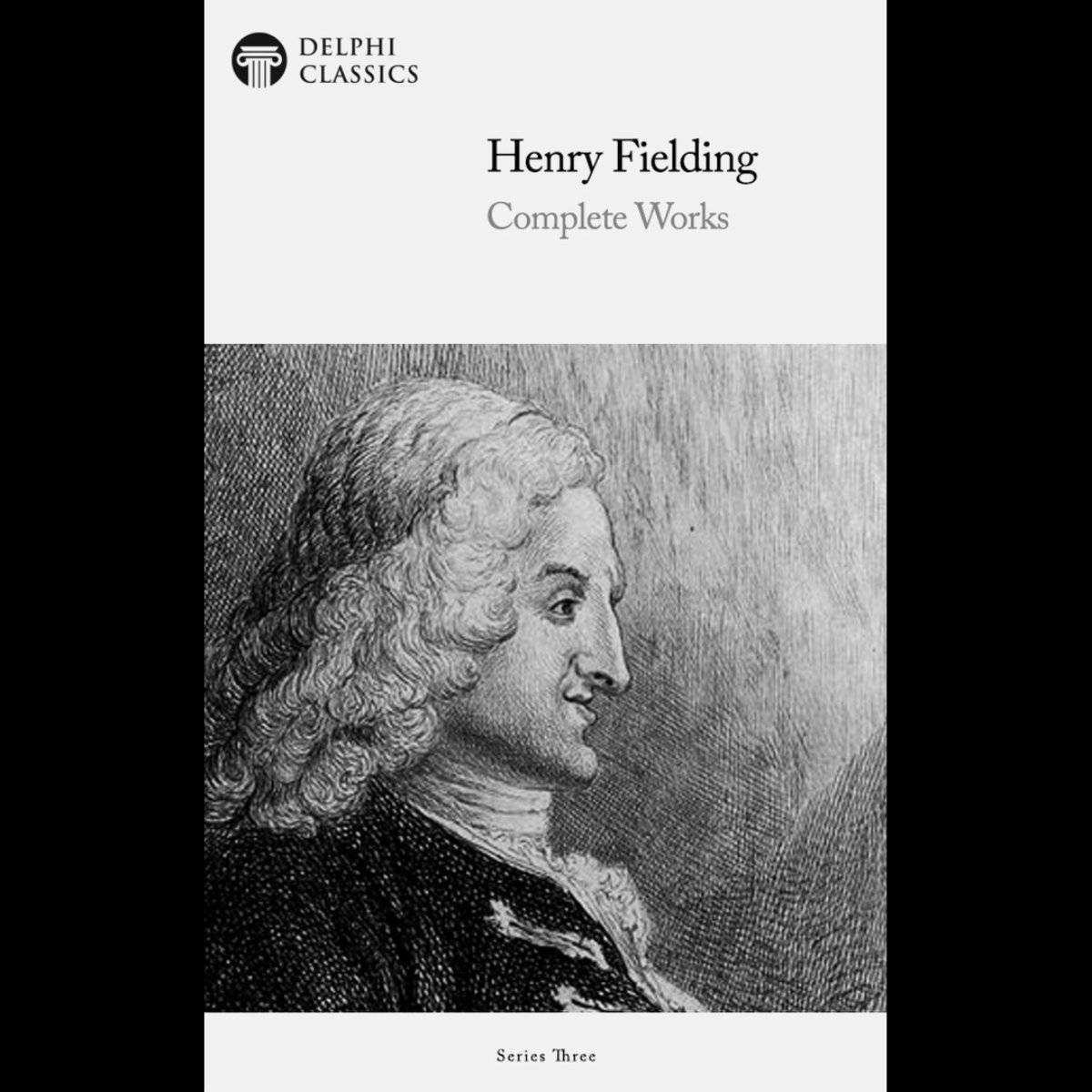
(1741) In 1740 Samuel Richardson wrote Pamela, an epistolary novel about a servant girl who resists her employer's increasingly forceful sexual advances until he proposes marriage, at which point they happily wed. In this 1741 novella, Henry Fielding lampooned Pamela by pretending to publish Pamela's original letters, which expose her as a fraud. Fielding's wit is sharper than Richardson's, but his classism and misogyny are, if anything, worse.
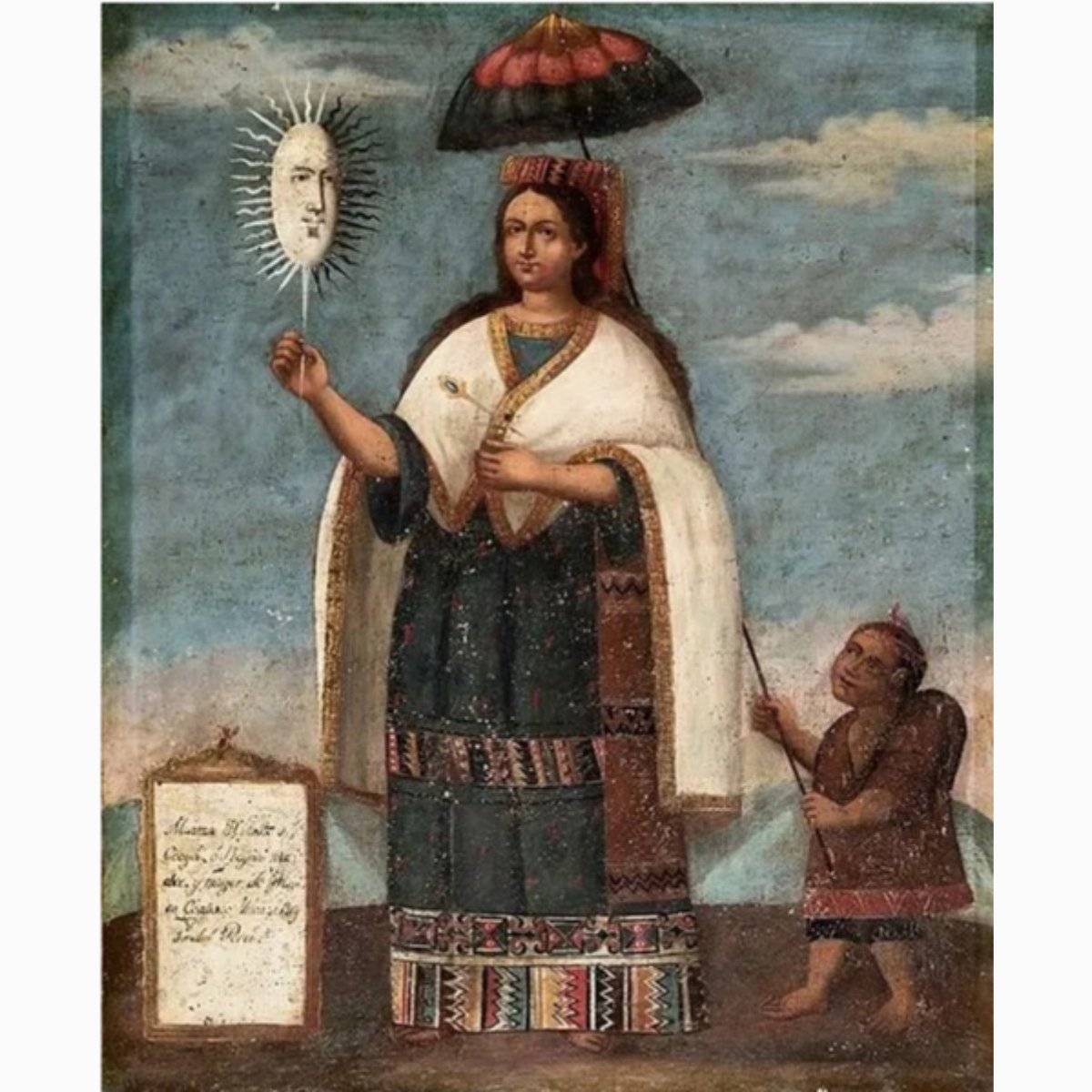
I 1st heard of this book when researching #Peru for #FoodAndLit but it wouldn't do b/c it's all about France. It is an 18th-c. epistolary novel written by a French woman. The narrator is an Inca “virgin of the sun“ snatched by Spanish conquistadores, then taken by French soldiers to France. Her letters to her Inca fiancé describe France & its mores from the point of view of an outsider - a “Noble Savage“ - uncorrupted by European civilisation.
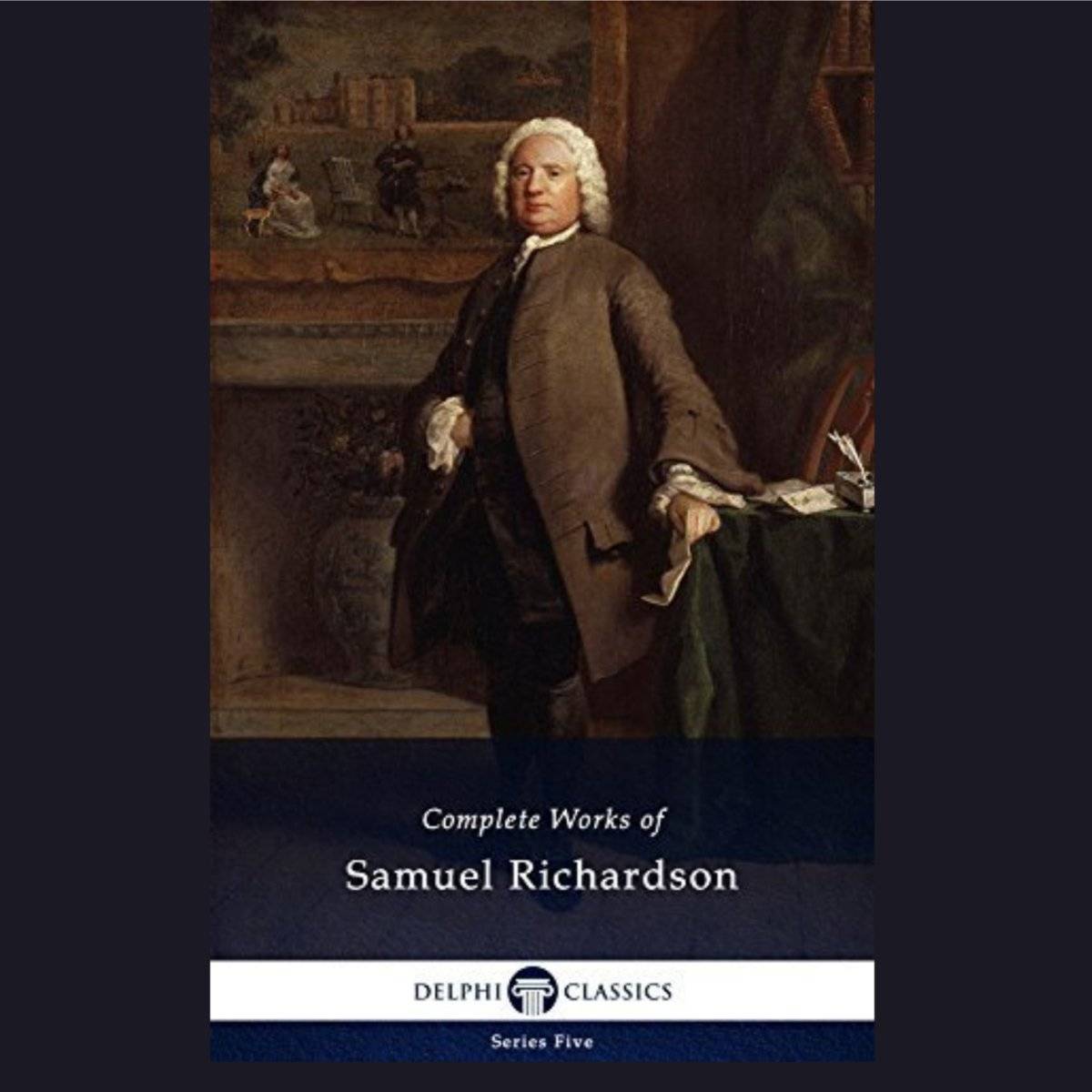
(1740)
Hooray for the magic of low expectations! I'd braced myself for a tedious slog, so was pleased to find an unexpectedly engaging story of power and resistance. Pamela's obsession with Virtue doesn't resonate, but as a drama of compulsion and consent, it's surprising how much still works. Of course a lot doesn't work: Pamela is as exasperatingly twee as she is sympathetic, and the hero belongs in prison. But I was prepared for so much worse.
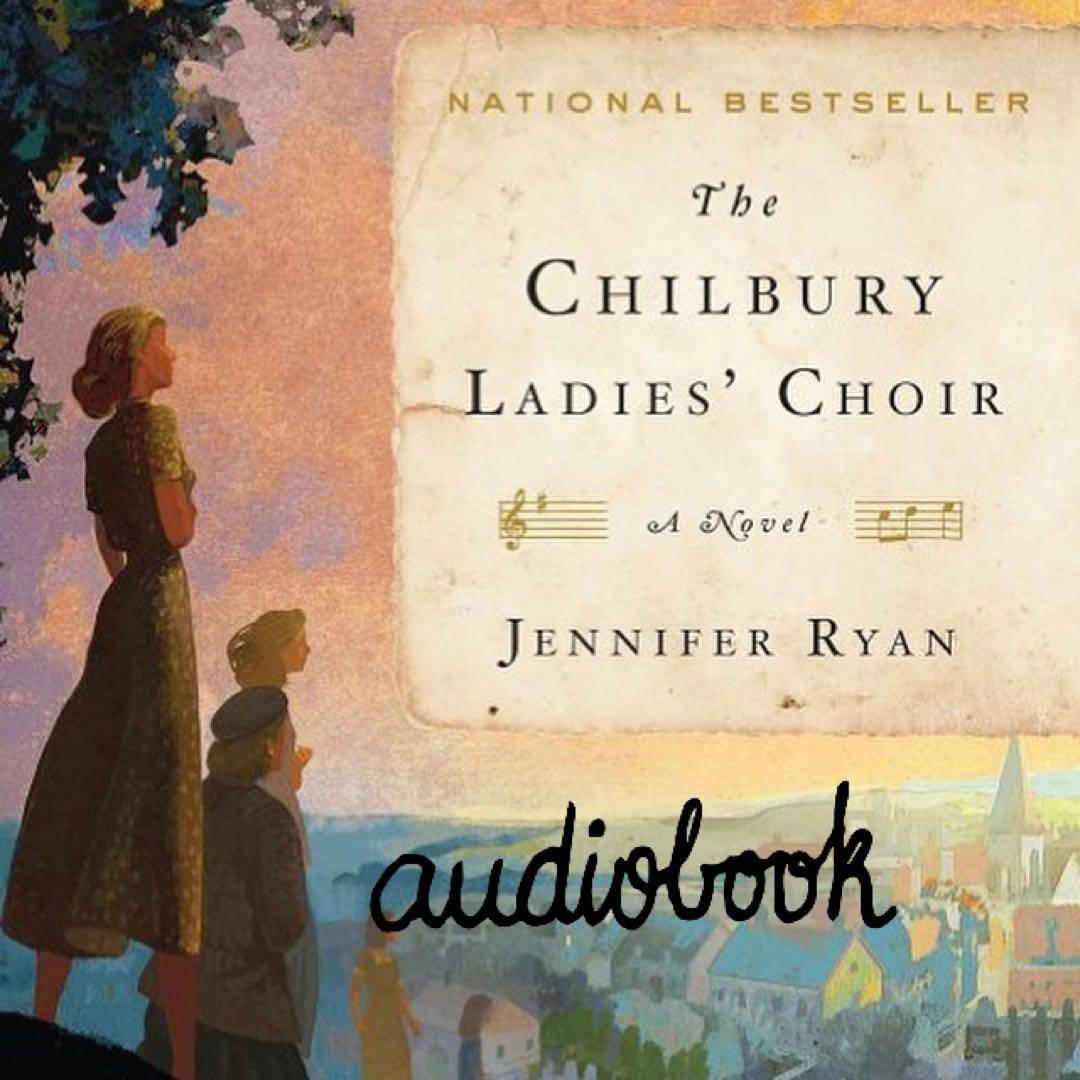
An epistolary novel, 🎧.
A story of a village in Kent in 1940, and its mostly female inhabitants finding strength in music and each other. Their joys, sorrows, schemes, and tribulations in the face of the war. It was heartwarming, at times heartbreaking, at times too sweet, at times over the top dramatic. I enjoyed it overall, though I felt it went on for a bit too long. Probably won‘t reread, but would watch a movie if there‘s ever one.
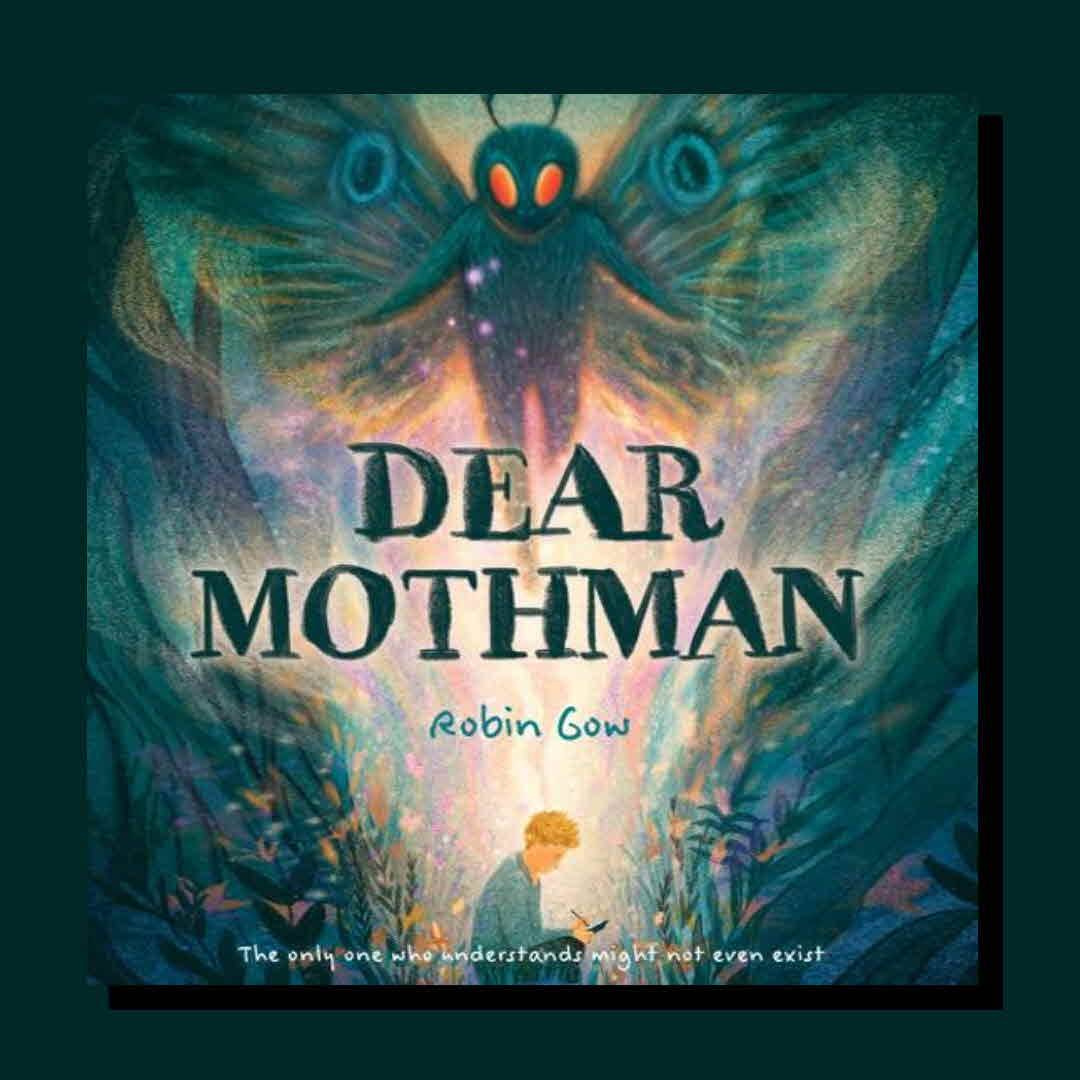
#blameitonlitsy @Soubhiville
An emotional examination of grief and queer identity. Excellent narration!
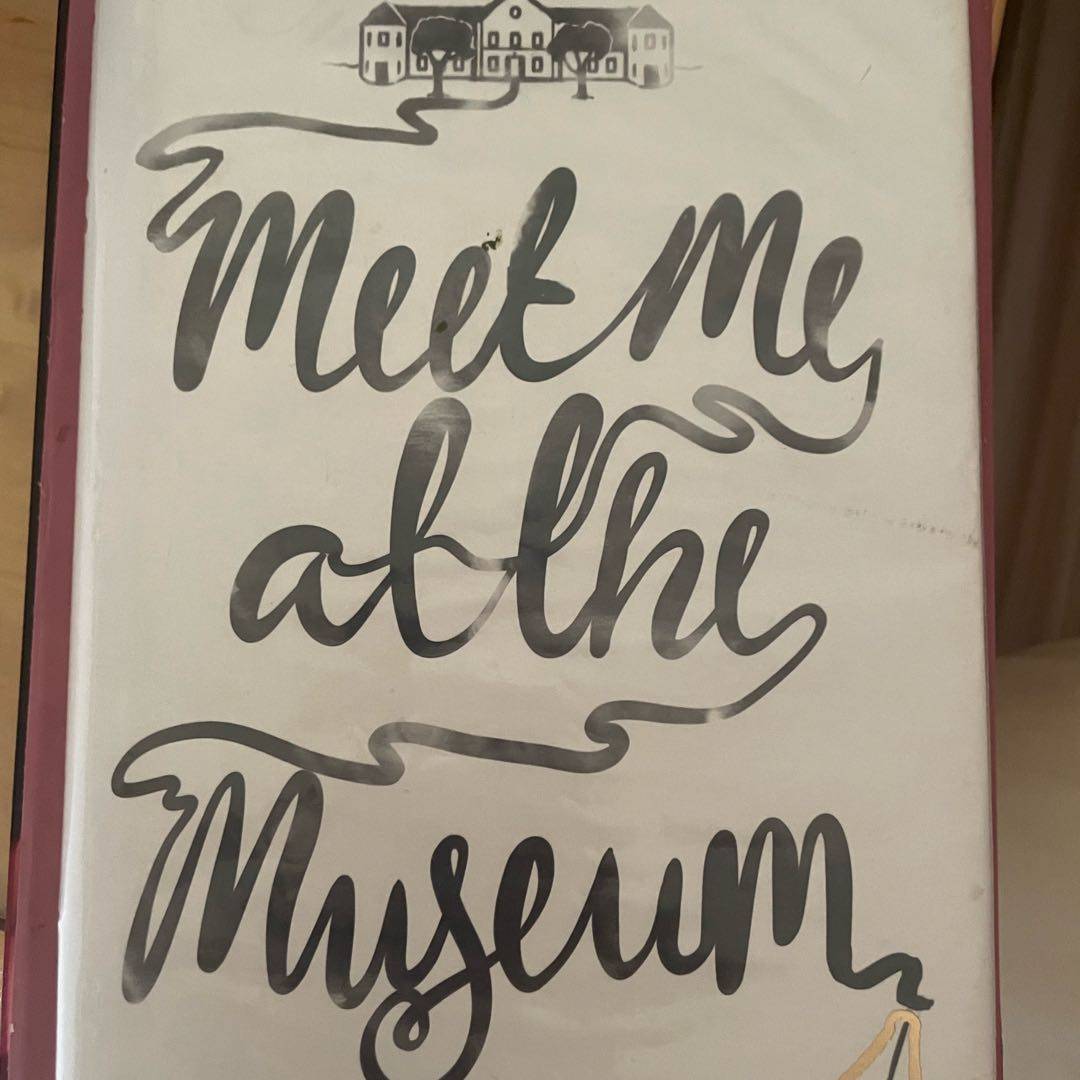
A farmer‘s wife living in England begins a relationship with a museum curator in Denmark by way of exchanging letters and emails. I thought this was a charming and thoughtful little tale. It‘s well written and very engaging. I enjoy epistolary type of books and this one fitted the bill exactly. I read this for my local book group where we all chose two of our favourites and then picked one or more of the ones we hadn‘t read. An enjoyable read.